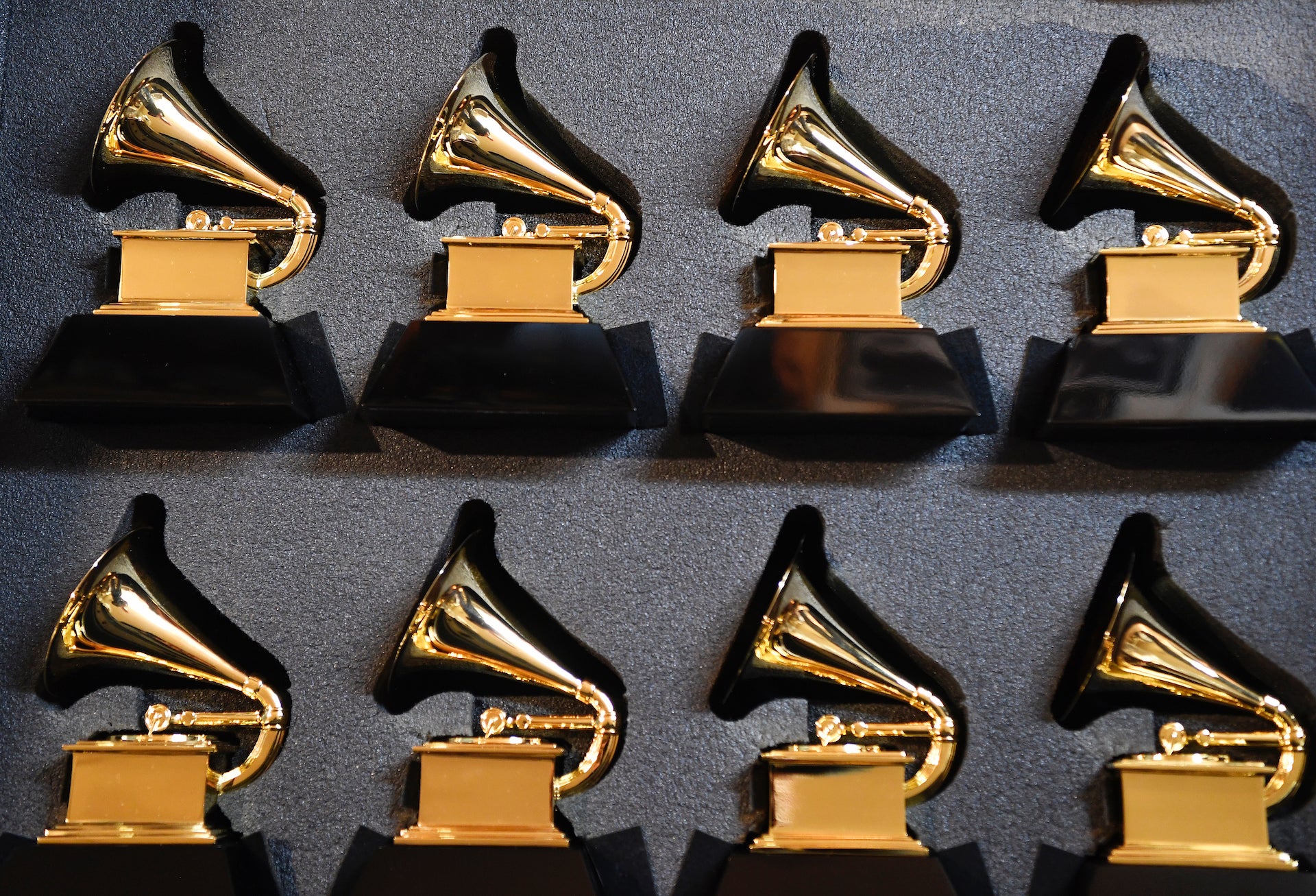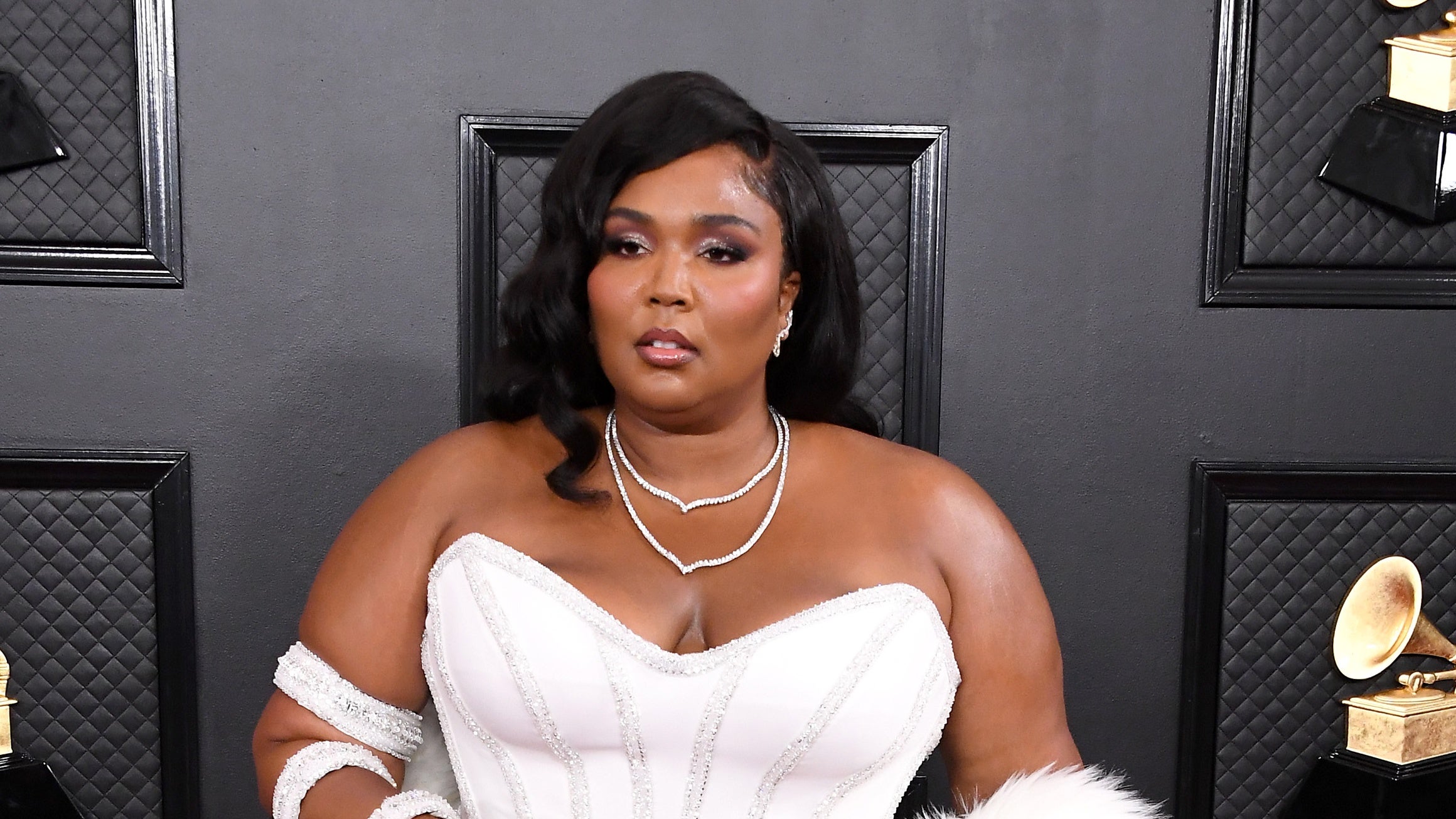
The Grammy Awards has finally decided to tweak some outdated rules and categories, including renaming the Best Urban Contemporary Album category to Best Progressive R&B Album.
Rolling Stone reports that the revamped category will “include the more progressive elements of R&B and may include samples and elements of hip-hop, rap, dance, and electronic music. It may also incorporate production elements found in pop, euro-pop, country, rock, folk and alternative,” the Recording Academy said via statement.
This should make artists like Tyler the Creator offer a slow hand clap since he had mixed feelings about taking home the Best Rap Album Grammy for his genre-bending IGOR. Earlier this year, Tyler shared his mix feelings about the win.
“It sucks that whenever we—and I mean guys that look like me—do anything that’s genre-bending they always put it in a rap or urban category,” Tyler said to reporters after his first Grammy win. “I don’t like that ‘urban’ word. That’s just a politically correct way to say the n-word to me.”
The Best Urban Contemporary category was introduced in 2012 and has been criticized in the past and most recently during #TheShowMustBePaused’s Blackout Tuesday, created by Jamila Thomas and Brianna Agyemang. Everyone knows that urban is code for Black, which is why Black music executives declared that urban is an inappropriate, archaic an irrelevant term, given that R&B and hip-hop are dominate, money-making genres. It also helps that Republic Records just scraped the word altogether when describing their artists.
Rolling Stone reports, however, that the term “urban” will still be used in the “Best Latin Pop Or Urban Album” for now. Harvey Mason Jr., Chair & Interim President/CEO of the Recording Academy, told the magazine that the reason was because then it was introduced earlier this year it was “widely accepted” in the Latin music community.

“However, we understand that in the current climate, sentiment might be changing. We are continuing to follow the conversation and are committed to making necessary adjustments,” he added.
Other changes include renaming the Best Rap/Sung Performance to Best Melodic Rap Performance and lifting the maximum number of releases that prohibit an artist from entering the Best New Artist Category. This old rule sparked a major dustup last year because Lizzo had exceeded the set number of tracks. Lizzo ended up entering the category and snagging three Grammys, but not for Best New Artist.
On the Grammy’s website, Mason said the organization is constantly evaluating the process to be “inclusive and reflect the current state of the music industry.”
These changes and more will go into effect for the 63rd Annual Awards.
The Grammys has had along history of institutional racism, dating back to 1989 when Will Smith and DJ Jazzy Jeff, along with others, boycotted the awards for not televising the rap category. Recently, many hip-hop artists declined to perform for the awards show because they largely didn’t win in the genre-blended categories such as Best New Artist and Best Album.